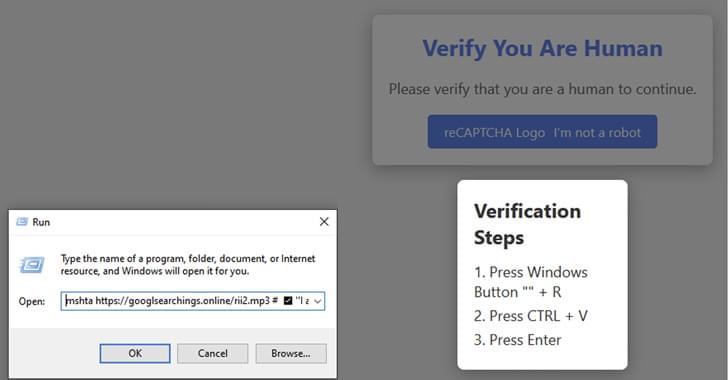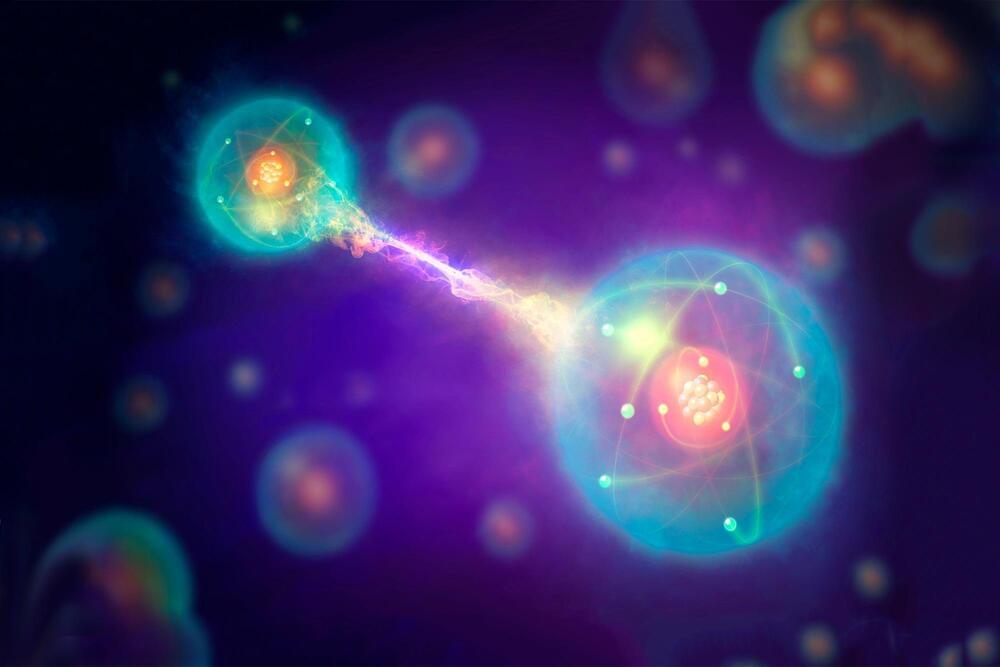Google’s Identity Check locks sensitive Android settings behind biometrics, enhancing security outside trusted locations.



Cybersecurity researchers are calling attention to a new malware campaign that leverages fake CAPTCHA verification checks to deliver the infamous Lumma information stealer.
“The campaign is global, with Netskope Threat Labs tracking victims targeted in Argentina, Colombia, the United States, the Philippines, and other countries around the world,” Leandro Fróes, senior threat research engineer at Netskope Threat Labs, said in a report shared with The Hacker News.
“The campaign also spans multiple industries, including healthcare, banking, and marketing, with the telecom industry having the highest number of organizations targeted.”

Hackers are distributing close to 1,000 web pages mimicking Reddit and the WeTransfer file sharing service that lead to downloading the Lumma Stealer malware.
On the fake pages, the threat actor is abusing the Reddit brand by showing a fake discussion thread on a specific topic. The thread creator asks for help to download a specific tool, another user offers to help by uploading it to WeTransfer and sharing the link, and a third thanks him to make everything appear legitimate.
Unsuspecting victims clicking on the link are taken to a fake WeTransfer site that mimicks the interface of the popular file-sharing service. The ‘Download’ button leads to the Lumma Stealer payload hosted on “weighcobbweo[.]top.”

En un esfuerzo por fortalecer la ciberseguridad de los consumidores, la Comisión Federal de Comunicaciones (FCC, por sus siglas en inglés) ha lanzado el programa U.S. Cyber Trust Mark. Esta iniciativa voluntaria tiene como objetivo ayudar a los consumidores a identificar dispositivos del Internet de las Cosas (IoT) que cumplan con estrictos estándares de ciberseguridad, al tiempo que incentiva a los fabricantes a adoptar mejores prácticas. Sin embargo, se aplican ciertas restricciones, especialmente en lo que respecta a productos de algunas entidades extranjeras, incluidas empresas chinas.
Los dispositivos inteligentes, como cámaras de seguridad para el hogar, rastreadores de actividad física y electrodomésticos inteligentes, se han convertido en elementos esenciales de la vida moderna. Aunque ofrecen una comodidad sin precedentes, estos dispositivos también presentan riesgos significativos de ciberseguridad, haciéndolos vulnerables a ataques informáticos.
El programa Cyber Trust Mark busca mitigar estos riesgos proporcionando una etiqueta que indique que un producto cumple con estándares robustos de ciberseguridad. La presidenta de la FCC, Jessica Rosenworcel, destacó la importancia de la iniciativa, afirmando: “Este programa no solo ayuda a proteger a los consumidores, sino que también crea incentivos para que los fabricantes prioricen la ciberseguridad.”
A review of the most interesting and impactful longevity related studies from December, including how gene therapy can increase telomere length and how the immune system can be used to clear senescent cells.
Contents:
1. Intro 0:00
2. Gene Therapy To Increase Telomere Length 0:48
3. Freeing The Immune System To Remove Senescent Cells 15:20
4. Using Probiotics To Help With Sarcopenia 27:39.
Canadian Content Study.
5. Extracellular Vesicles To Combat Neuroinflammation 35:59.
Link to the newsletter being discussed (both online and PDF versions):
/ december-2024–120640668
Links to studies reviewed in this newsletter:
Convair’s Super-NEXUS—a visionary leap into spaceflight—was no ordinary vehicle. This partially reusable, Single-Stage-to-Orbit (SSTO) behemoth was designed to carry an astounding 2 million pounds of payload, making it a true giant of its time. Imagine a colossal structure that stood 400 feet tall, towering over even the mighty Saturn V, which itself reached a height of 363 feet. With a staggering diameter of 150 feet, the NEXUS would have dwarfed its predecessors in both size and capability.
But sheer size is only part of the story. In its largest proposed variant, the Super-NEXUS would have weighed an almost incomprehensible 48 million pounds when fully fueled—compared to the Saturn V’s comparatively modest 6.5 million pounds. This weight discrepancy highlights the ambitious scale of the project. The NEXUS wasn’t just a bigger rocket; it was an entirely new class of spacecraft, designed to deliver an unprecedented payload of 2 million pounds to low Earth orbit—more than eight times the capacity of the Saturn V.
And the innovation didn’t stop there. Unlike traditional one-and-done rockets, the Super-NEXUS was envisioned as a reusable marvel. It was designed not just to launch and land, but to land vertically on the ocean’s surface after each mission. Once safely aloft, the massive vehicle would be towed back to port by ships, ready to be refurbished and launched again. This ambitious dream, while never realized, pointed toward a future where space travel was as routine as any other form of transportation.
Such a vision was perhaps too far ahead of its time—but the audacity and scope of the Super-NEXUS continue to inspire, underscoring the boundless potential of human ingenuity in the quest to conquer the stars.
While the idea of a digital afterlife is fascinating, it raises some big questions. For example, who owns your online accounts after you die?
This issue is already being discussed in courts and by governments around the world. In the United States, nearly all states have passed laws allowing people to include digital accounts in their wills.
In Germany, courts ruled that Facebook had to give a deceased person’s family access to their account, saying that digital accounts should be treated as inheritable property, like a bank account or house.

Scientists have developed ‘entanglement microscopy,’ a technique that maps quantum entanglement at a microscopic level.
By studying the deep connections between particles, researchers can now visualize the hidden structures of quantum matter, offering new perspectives on particle interaction that could revolutionize technology and our understanding of the universe.
Quantum entanglement is a fascinating phenomenon where particles remain mysteriously linked, even when separated by vast distances. Understanding how this connection works, especially in complex quantum systems, has been a long-standing challenge in physics.

Recent studies challenge the long-held belief that the Milky Way.
The Milky Way is the galaxy that contains our Solar System and is part of the Local Group of galaxies. It is a barred spiral galaxy that contains an estimated 100–400 billion stars and has a diameter between 150,000 and 200,000 light-years. The name “Milky Way” comes from the appearance of the galaxy from Earth as a faint band of light that stretches across the night sky, resembling spilled milk.